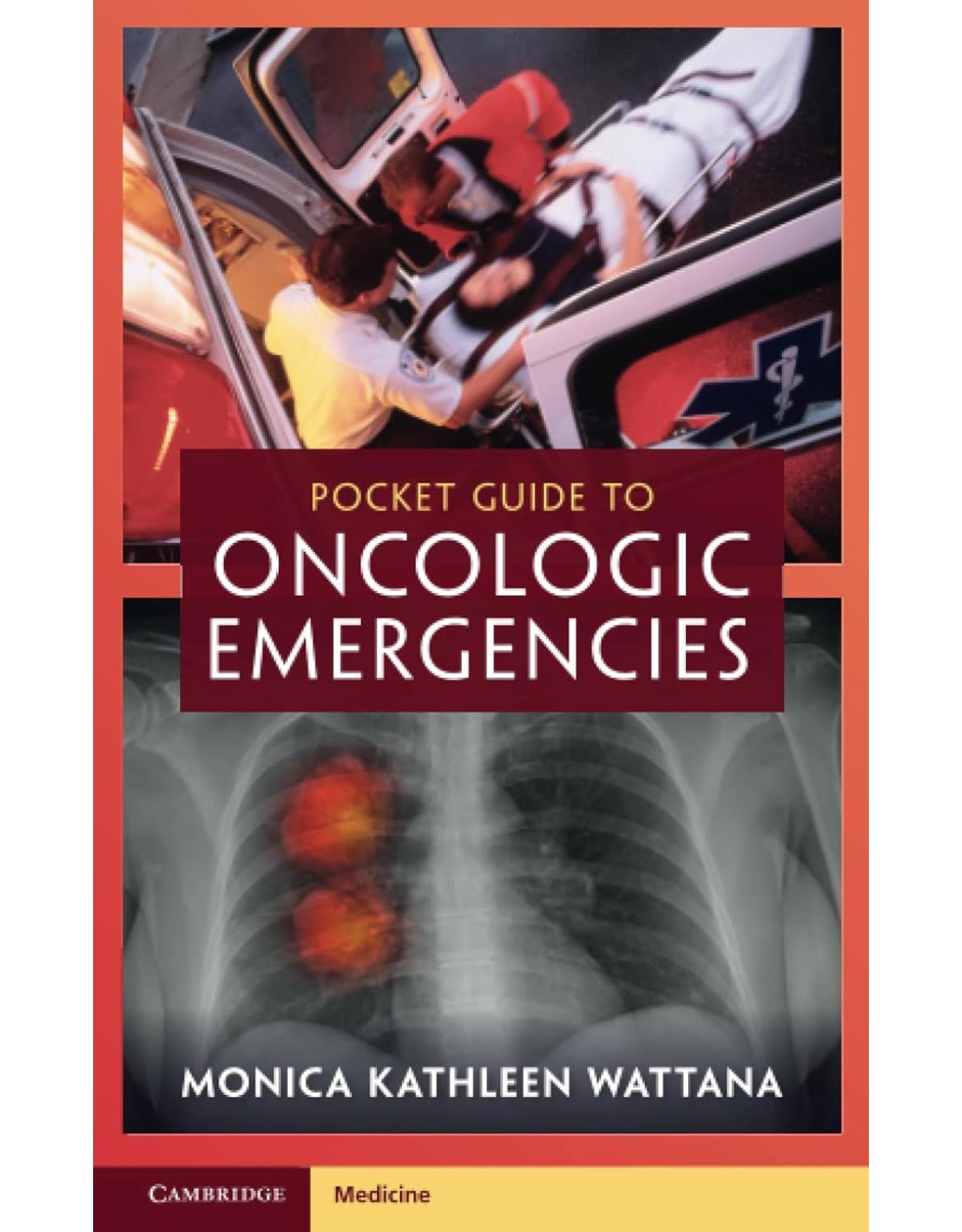
Pocket Guide to Oncologic Emergencies
Livrare gratis la comenzi peste 500 RON. Pentru celelalte comenzi livrarea este 20 RON.
Disponibilitate: La comanda in aproximativ 4-6 saptamani
Autor: Monica Kathleen Wattana
Editura: Cambridge University Press
Limba: Engleza
Nr. pagini: 156
Coperta: Paperback
Dimensiuni:
An aparitie: 24 Aug. 2023
Description:
This essential book is a comprehensive yet practical handbook on oncologic emergencies containing the important and current information on treating cancer patients in acute care settings such as emergency and urgent care departments and centers. A concise and evidence-based guide, it is the go-to resource for any acute care medical practitioner treating cancer patients, demystifying the processes of evaluating, diagnosing, and managing emergencies that often arise in the cancer patient population. The first part of the book offers an overview of cancer, anti-cancer treatment and pain and palliative care in the emergency department. It then moves on to provide a systems-based approach covering neurologic, cardiovascular, pulmonary, gastrointestinal, genitourinary, respiratory, lymphatic system, and integumentary cancer complications. The book also discusses the side effects of cancer treatments such as pain, delirium, dyspnea, and immunotherapy related adverse events, and importantly helps to bridge the gap between oncologic advancements for emergency medicine specialists.
Table of Contents:
Chapter 1 Cancer Overview
Introduction
Metastasis
General Statistics
Cancer in the Emergency Department Statistics
Cancer Treatment Modalities
References
Part 1 Anticancer TreatmentOverview
Chapter 2 Chemotherapy Overview
Main Chemotherapy Groups
Chemotherapy Types
References
Chapter 3 Hematopoietic Stem Cell Transplantation
Introduction
Cancers Treated by HSCT
Steps of the Stem Cell Transplant Process
HSCT Complications
References
Chapter 4 Hormone Therapy
Introduction
Examples of Hormone Therapy
References
Chapter 5 Immunotherapy
Introduction
Immune Checkpoint Inhibitors
Chimeric Antigen Receptor (CAR) T-Cell Therapy
CAR T-Cell Therapy Process
References
Chapter 6 Radiation Therapy
Introduction
RT Delivery Modes
Types of Radiotherapy Intention
Fractionation Regimens
References
Chapter 7 Targeted Cell Therapy
Introduction
Small Molecule Therapy Examples
Monoclonal Antibodies
Other Examples of Targeted Therapies
References
Part 2: Pain and Palliative Care in the Emergency Department
Chapter 8 Acute Pain Management
Introduction
Etiology of Pain in Cancer Patients
Pain Assessment Considerations
Common Opiates Utilized in the Emergency Department
Emergency Department Pain Management
Common Initial ED Opiate Doses and Pearls
References
Chapter 9 Opiate Equianalgesic Conversion
Introduction
Equianalgesic Dosing Steps
Opioid Equivalency Table
Oral Morphine to Methadone Conversion Table
References
Chapter 10 Patient-Controlled Analgesia Pump
Introduction
PCA Contraindications
Programable PCA Pump Settings
Suggestions for PCA Initiation Orders in the ED
References
Chapter 11 Communication Tips for Delivering Bad News
Introduction
Cancer Patient Preferences
SPIKES: A Six-Step Protocol for Delivering Bad News
References
Chapter 12 End-of-Life Symptom Management
Introduction
Refractory Dyspnea
Useful Medications for Airway Symptom Management
Excessive Secretions
Dyspnea
Stridor
Anxiety
Palliative Sedation
References
Part 3: Systems Based Overview of Cancer Complications
Section 1 CardiovascularSystem
Chapter 13 Overview of Cardiovascular Disease in Cancer Patients
Introduction
Pathophysiology
CVD Complications Caused by Cancer Treatments
Chemotherapy
Radiation Therapy
Targeted Therapy
Hormone Therapy
Immunotherapy
References
Chapter 14 Cancer Treatment Induced Arrhythmia
Introduction
Pathophysiology
Common (10%) Arrhythmias Associated with Various Anticancer Agents
Other Anticancer Treatments
History of Present Illness Pearls
Diagnosis Pearls
Treatment Pearls
References
Chapter 15 Acute Coronary Syndrome
Introduction
Pathophysiology
History of Present Illness Pearls
Diagnosis Pearls
Management Pearls
Pharmacologic Management
Invasive Management
References
Chapter 16 Blood Transfusion Complications
Introduction
Overview of Acute Blood Transfusion Complications
Transfusion Reaction Workup
References
Chapter 17 Carotid Blowout Syndrome
Introduction
Risk Factors for CBS Development
History of Present Illness Pearls
Diagnosis
Physical Exam
Laboratory Analysis
Diagnostic Imaging
Treatment
Unstable, Actively Bleeding Patient
Impending or Threatened CBS
References
Chapter 18 Disseminated Intravascular Coagulation
Introduction
Laboratory Diagnosis
Treatment
References
Chapter 19 Heart Failure
Introduction
Heart Failure as a Side-Effect of Anticancer Treatment
Heart Failure as a Comorbidity in Cancer Patients
History of Present Illness Pearls
Physical Exam Pearls
Laboratory Analysis
Diagnostic Imaging Pearls
Management Pearls
References
Chapter 20 Hyperviscosity Syndrome
Introduction
Pathophysiology
Clinical Findings
Diagnosis
Laboratory Analysis
Treatment
ED Management
References
Chapter 21 Pericardial Effusion and Tamponade
Introduction
Etiology of Cancer Related Pericardial Effusion
Malignancy
Causes of Cancer Tx Side Effect
Other Causes
Pathophysiology
History of Present Illness Pearls
Physical Exam Pearls
Diagnosis Pearls
Treatment of Cancer Patients with Large Volume Pericardial Effusion
Assess for Hemodynamic Instability
Hemodynamically Unstable Patients
Hemodynamically More Stable without Evidence of Hypotension
References
Chapter 22 Pericarditis
Introduction
Etiology of Pericarditis in Cancer Patients
Clinical Diagnosis
History of Present Illness Pearls
Physical Exam Pearls
Diagnosis Pearls
Treatment
References
Chapter 23 Superior Vena Cava Syndrome
Introduction
Pathophysiology
Presentation
Diagnostic Imaging
Treatment
ED Management
Definitive Treatment
References
Chapter 24 Venous Thromboembolism Management
Introduction
Pathophysiology Leading to Prothrombotic State in Cancer Patients
Diagnosis of VTE
Risk Stratification Scores
Khorana Score for VTE Risk Assessment in Cancer Patients in Outpatient Setting
Laboratory Analysis
Imaging
Risk Stratification for Pulmonary Embolism
Treatment of Acute VTE in Cancer Patients
References
Section 2 GastrointestinalSystem
Chapter 25 Constipation Management
Introduction
Etiology in Cancer Patients
History of Present Illness Pearls
Diagnosis Pearls
Treatment
References
Chapter 26 Cancer Related Diarrhea
Introduction
Causes of Diarrhea in Cancer Patients
Pathophysiology
History of Present Illness Pearls
Diarrhea Severity Assessment
Diagnosis Pearls
Treatment
References
Chapter 27 Chemotherapy Induced Nausea and Vomiting
Introduction
Pathophysiology
CINV Risk Factors
Patient Specific
Treatment Specific
Emetogenicity of Different Chemotherapy/Biotherapy Agents
Treatment Options Specifically for Breakthrough CINV
References
Chapter 28 Feeding Tube Complications
Introduction
Troubleshooting Tube Related Complications
Clogged Long-Term Feeding Tube
Accidental Feeding Tube Removal
References
Chapter 29 Malignant Bowel Obstruction
Introduction
Pathophysiology
Intra-abdominal Tumor Factors Leading to MBO
Clinical Presentation
Diagnosis
Treatment
References
Chapter 30 Malignant Intestinal Perforation
Introduction
Cancer Related Risk Factors
Pathophysiology
Clinical Presentation Pearls
Diagnosis
Lab Analysis
Diagnostic Imaging
ED Management
References
Chapter 31 Mesenteric Bowel Ischemia
Introduction
Cancer Related Risk Factors
Clinical Presentation
Diagnosis
Lab Analysis
Radiologic Findings
Treatment
ED Management
References
Chapter 32 Mucositis
Introduction
Clinical Presentation
Oral Mucositis Assessment Scale
Topical Symptomatic Treatment Options for Established Oral Mucositis
References
Chapter 33 Neutropenic Enterocolitis (Typhlitis)
Introduction
Pathophysiology
Clinical Presentation
Diagnosis
Laboratory Analysis
Diagnostic Imaging
Treatment
References
Chapter 34 Radiation Enteritis
Introduction
Risk Factors
Pathophysiology
Clinical Presentation
Diagnosis
Treatment
References
Chapter 35 Sinusoidal Obstruction Syndrome
Introduction
Pathophysiology
Clinical Presentation
Diagnostic Criteria
Laboratory Findings
Treatment
References
Section 3 GenitourinarySystem
Chapter 36 Gynecologic Oncology Surgery Complications
Introduction
Complications to Consider after Gynecologic Oncology Surgeries
VTE
Surgical Site Infections
Lymphedema and Lymphocyst
Urinary Dysfunction
Fistula Development
References
Chapter 37 Hemorrhagic Cystitis
Introduction
Etiology
Clinical Presentation
Diagnosis
Laboratory Analysis
Imaging
ED Management
Severe Ongoing Bleeding
Medications for Symptom Control
Specific Treatment
References
Chapter 38 Hypercalcemia
Introduction
Pathophysiology
Presentation
Diagnosis
Management
References
Chapter 39 Hyponatremia
Introduction
Pathophysiology
Normal Sodium Balance
Impaired Sodium Balance
Cancers Causing Hyponatremia
Cancer Therapy Causing Hyponatremia
Clinical Presentation
History of Present Illness Pearls
Diagnosis
SIADH Criteria
Treatment
References
Chapter 40 Obstructive Uropathy
Etiology of Obstructive Uropathy
Clinical Presentation
Diagnosis
Laboratory Analysis
Diagnostic Imaging
Treatment
References
Chapter 41 Troubleshooting Percutaneous Nephrostomy Tubes
References
Section 4 IntegumentarySystem
Chapter 42 Chemotherapy Extravasation Management
Introduction
Vesicating Chemotherapy Agents
Clinical Assessment
Treatment
References
Section 5 Lymphatic System
Chapter 43 Chimeric Antigen Receptor (CAR) T-Cell Toxicity
CAR T-Cell Toxicity (CARTOX)
CRS Grading and Treatment
ICANS Grading and Treatment
References
Chapter 44 Checkpoint Inhibitor Immune Related Adverse Events
Introduction
irAE Universal Toxicity Grade Overview
irAE Overview by System
History of Present Illness Pearls
Laboratory Tests
Diagnostic Imaging Pearls
General irAE Treatment Strategy
Endocrine irAE Treatment
Disposition
References
Chapter 45 Differentiation Syndrome in Acute Leukemias
Introduction
Pathophysiology
Clinical Presentation
Laboratory Evaluation
Diagnostic Imaging
Treatment
ED Management
References
Chapter 46 Graft versus Host Disease
Introduction
Pathophysiology
Clinical Manifestations
Acute GvHD
Severity of Acute GvHD
Chronic GvHD
Severity of Chronic GvHD
Laboratory Analysis
Radiologic Findings
Treatment
References
Chapter 47 Hyperleukocytosis and Leukostasis
Introduction
Pathophysiology
Clinical Presentation
Laboratory Analysis
Diagnostic Imaging
Treatment
ED Management
Definitive Management: Cytoreductive Therapy
References
Chapter 48 Neutropenic Fever
Introduction
Incidence
Pathophysiology
Microbiology
History of Present Illness Pearls
Physical Exam Pearls
Laboratory Tests
Diagnostic Imaging Pearls
Tools to Risk Stratify Patients into High- and Low-Risk NF
The Multinational Association for Supportive Care in Cancer (MASCC) Tool
The Clinical Index of the Stable Febrile Neutropenia (CISNE) Tool
Initial Antibiotic Choice
Disposition
References
Chapter 49 Tumor Lysis Syndrome
Introduction
Cairo-Bishop Definition of Tumor Lysis Syndrome
Pathophysiology
Clinical Presentation
Physical Exam Pearls
Diagnosis
Treatment
Disposition
References
Section 6 Nervous System
Chapter 50 Approach to Cancer Patient with Altered Mental Status
Introduction
Risk Factors
Differential Diagnosis
Cancer Related Etiologies
Cancer Treatment Related Etiologies
Workup
Labs in ED
Imaging
Other procedures/tests
Disposition
References
Chapter 51 Delirium
Introduction
Delirium Etiology in Cancer Patients
Delirium Diagnostic Criteria
Delirium Screening in ED
Delirium Triage Screen
Brief Confusion Assessment Method (bCAM)
Treatment
Symptom management
References
Chapter 52 Depression
Introduction
Depression Diagnosis
Screening for Depression in the ED
Antidepressant Medications and Drug Interactions
References
Chapter 53 Elevated Intracranial Pressure
Introduction
Cancer Related ICP Increase Etiologies
Clinical Symptoms
Physical Exam Findings that are Concerning for Brain Herniation
Diagnostic Imaging
Management
References
Chapter 54 Intracranial Hemorrhage
Introduction
Less Frequent Causes
Rare Causes
Patient Presentation
Diagnosis
Imaging
Laboratory Analysis
Management
Coagulopathy correction
References
Chapter 55 Leptomeningeal Disease
Introduction
Pathophysiology
Diagnostic Evaluation
Clinical Features
Headache:
Altered Mental Status
Cerebellar dysfunction
Seizures
Diagnosis
Gadolinium-Enhanced MRI of the Brain and Spine
Lumbar Puncture
Treatment
References
Chapter 56 Malignant Spinal Cord Compression and Cauda Equina Syndrome
Terminology
Epidemiology
Pathophysiology
Clinical Features
Pain
Neurologic Impairment
Sensory Findings
Autonomic Dysfunction
Cauda Equina Syndrome
History of Present Illness Pearls
Physical Exam Findings
Diagnostic Imaging
Other Workup
ED Management
Glucocorticoids
Pain Management
Consults
Treatment
Prognosis
References
Chapter 57 Paraneoplastic Syndromes
Introduction
Diagnosis
Antibody Screening
Treatment
References
Chapter 58 Seizure Management
Seizure Etiology
Epilepsy Frequency Based on Type of Brain Tumor
Cancer Patient Evaluation after First Seizure Episode
History of Present Illness Pearls
Physical Exam Pearls
Diagnosis
Treatment
Status Epilepticus
References
Chapter 59 Stroke in Cancer Patients
Introduction
Pathophysiology
Etiology of Cancer Associated Stroke
Cancer Types Associated with Stroke
Clinical Presentation
Diagnosis
Laboratory Workup
Diagnostic Imaging
Management
References
Section 7 Respiratory System
Chapter 60 Cancer Treatment Induced Interstitial Lung Disease
Introduction
Chemotherapy
Targeted Therapy
Immunotherapy
Radiation Therapy Induced Pneumonitis
References
Chapter 61 Hemoptysis
Introduction
Pathogenesis
Initial Evaluation and History of Present Illness Pearls
Diagnosis Pearls
Laboratory Workup
Diagnostic Imaging
Massive Hemoptysis Treatment Pearls
Securing Airway
Immediate Post-Intubation Treatments to Help Achieve Hemostasis
References
Chapter 62 Hiccups
Introduction
Pathophysiology
Etiology in Cancer Patients
Treatment
References
Chapter 63 Laryngectomy Complications
Introduction
Difference between Laryngectomy and Tracheostomy
Overview of Potential Complications
Tubes and Devices That May Be Attached to Laryngectomy Stoma
Emergent Airway Management Tips for Laryngectomy Patients
References
Chapter 64 Malignant Central Airway Obstruction
Introduction
Etiology
History of Present Illness Pearls
Physical Exam Pearls
Diagnosis Pearls
Diagnostic Imaging
ED Management
References
Chapter 65 Malignant Pleural Effusion
Introduction
Initial Treatment
Definitive MPE Management
Guidelines Prior to Pleural Interventions
IPC Related Complications
Infection
Occlusion
Dislodgement
References
Chapter 66 Tracheostomy Complications
Introduction
Patient Assessment
Overview of Tracheostomy Complications
Acute Obstruction
Bleeding
Tracheo-innominate Fistula
References
Index
| An aparitie | 24 Aug. 2023 |
| Autor | Monica Kathleen Wattana |
| Editura | Cambridge University Press |
| Format | Paperback |
| ISBN | 9781009055956 |
| Limba | Engleza |
| Nr pag | 156 |

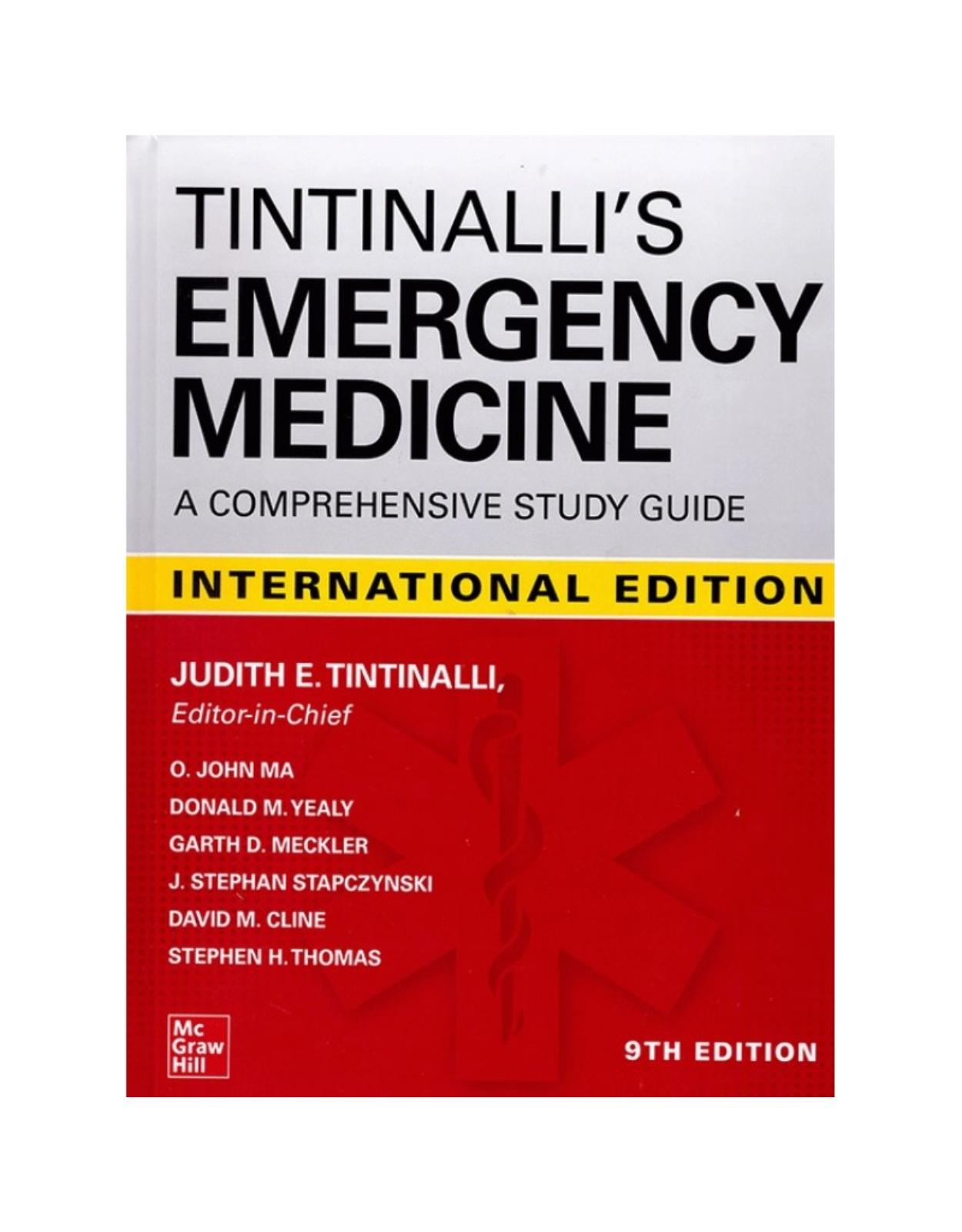
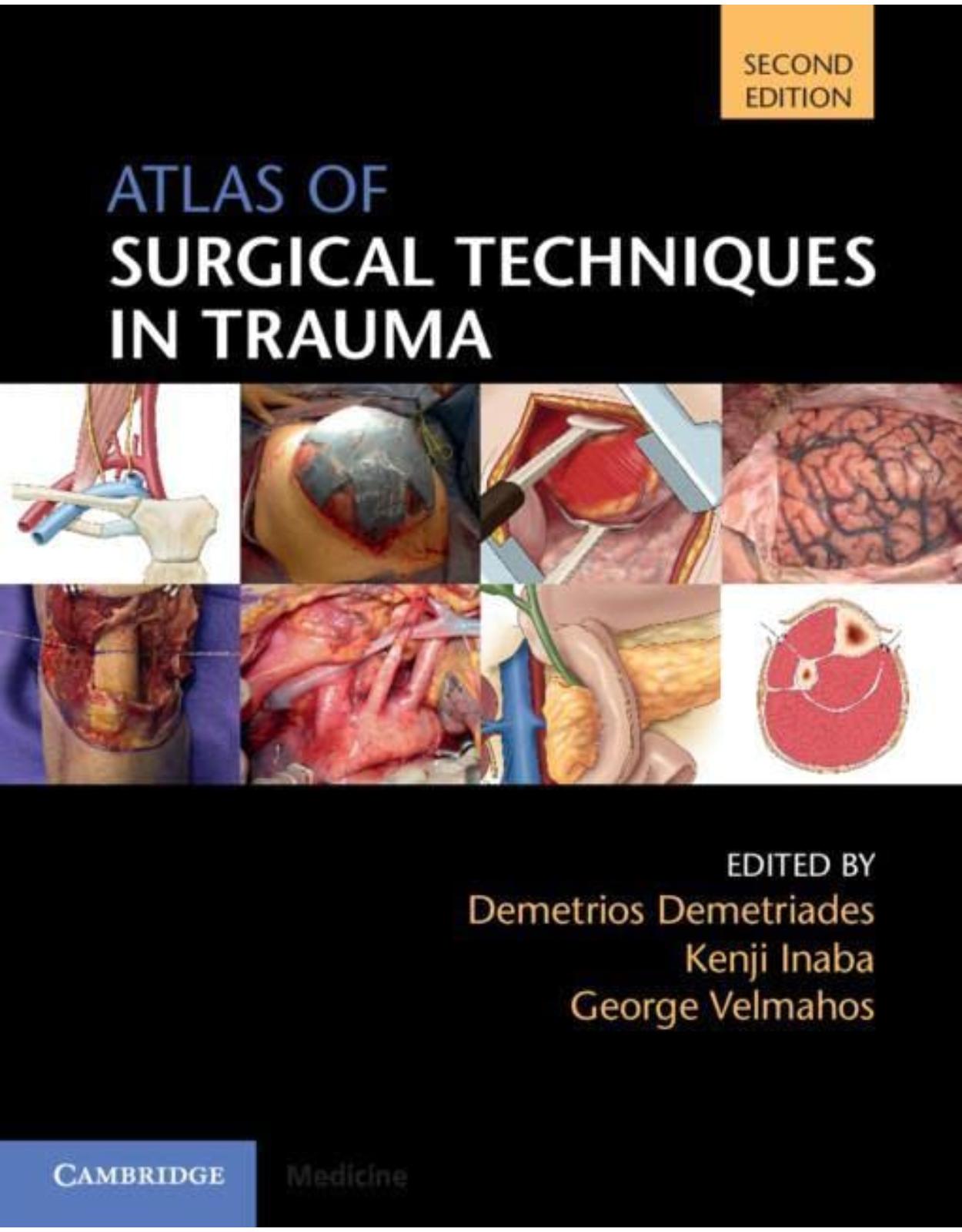
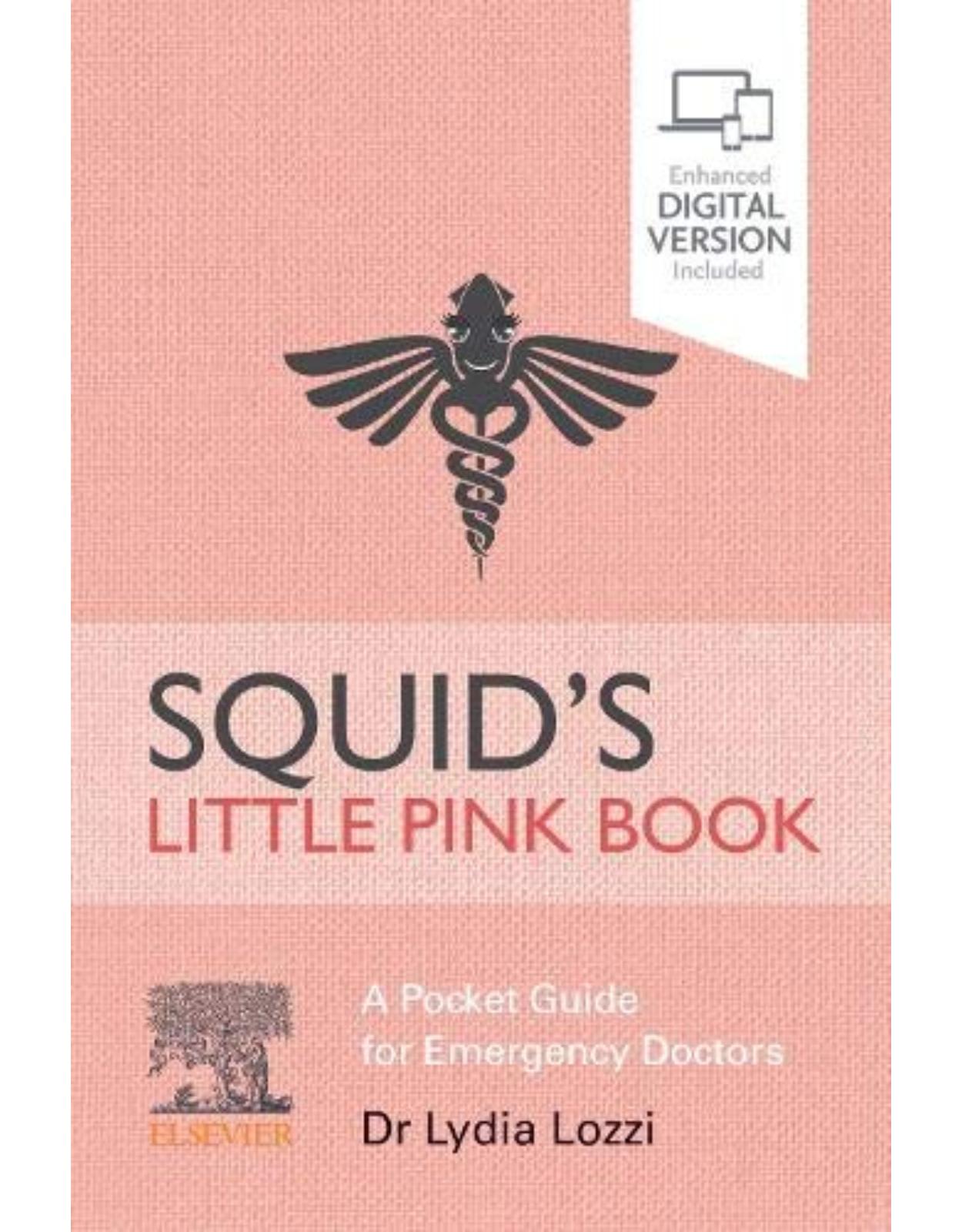
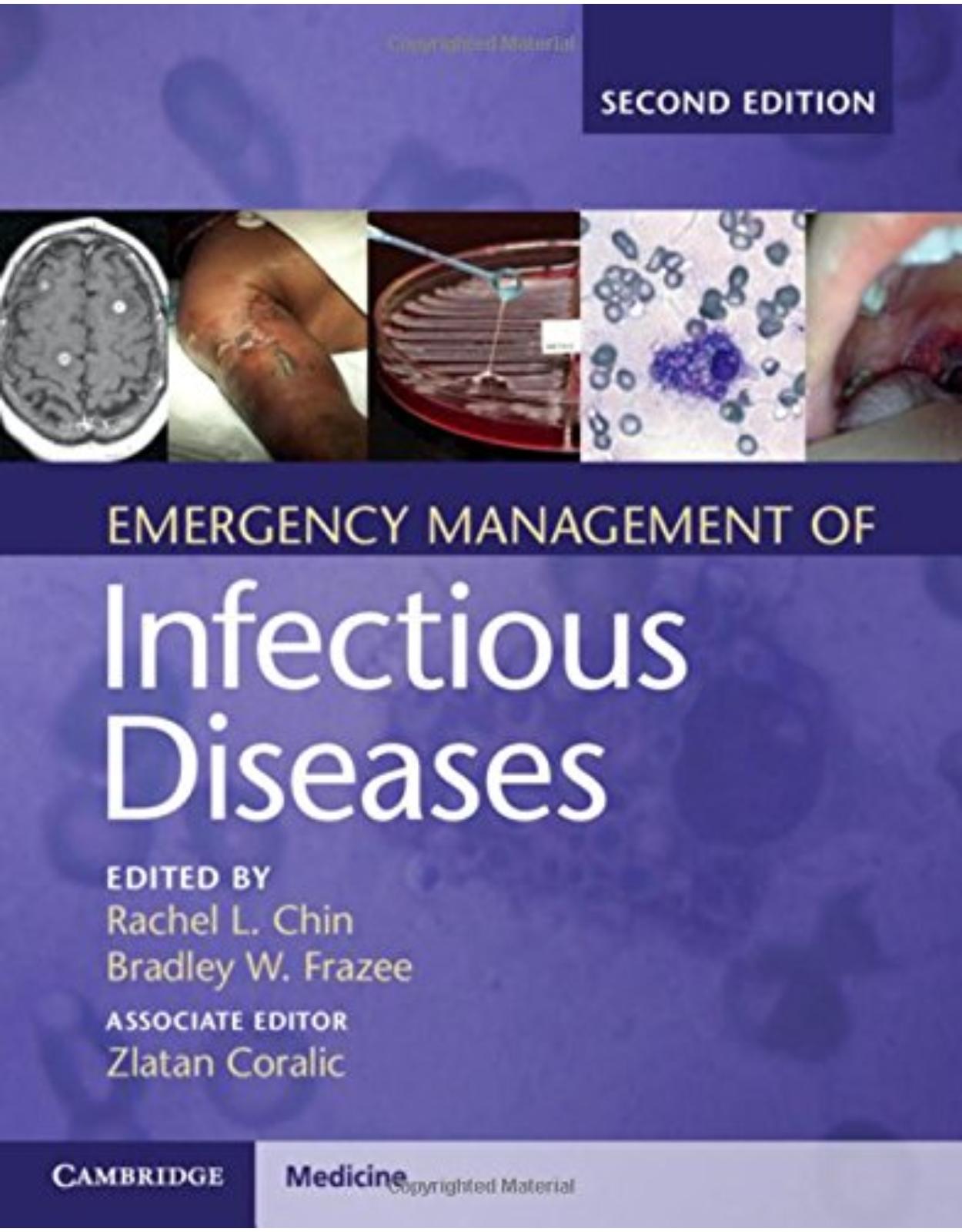
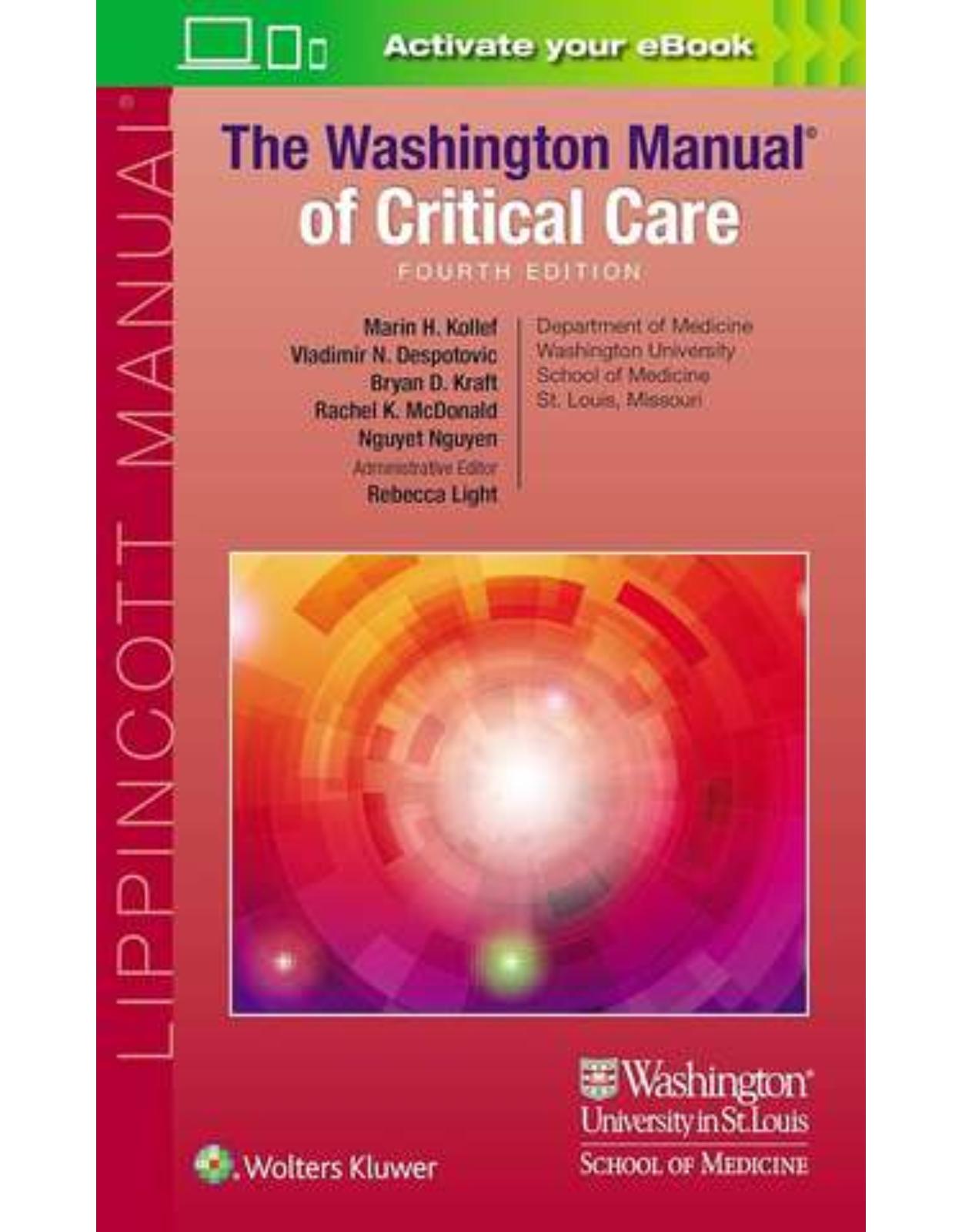
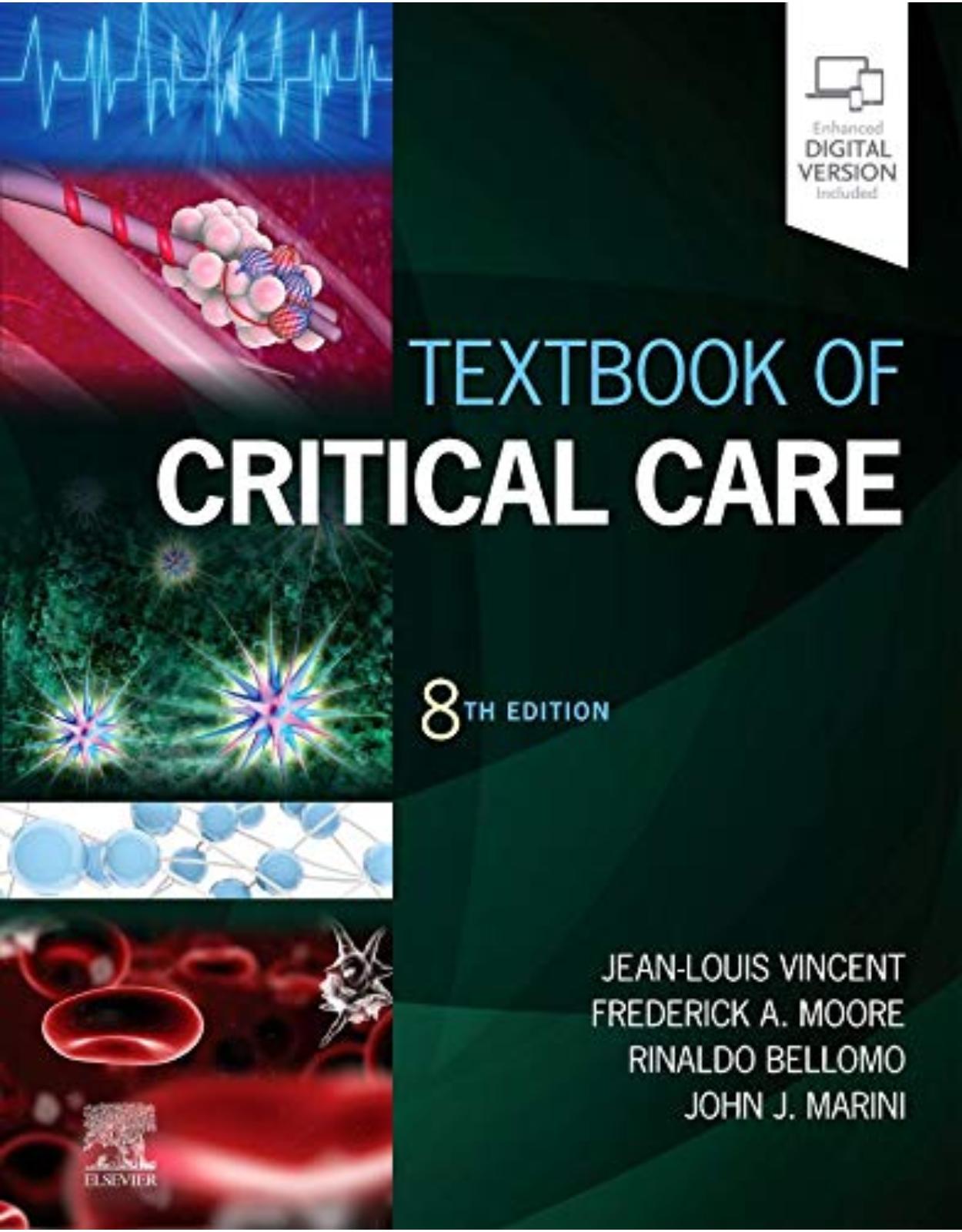
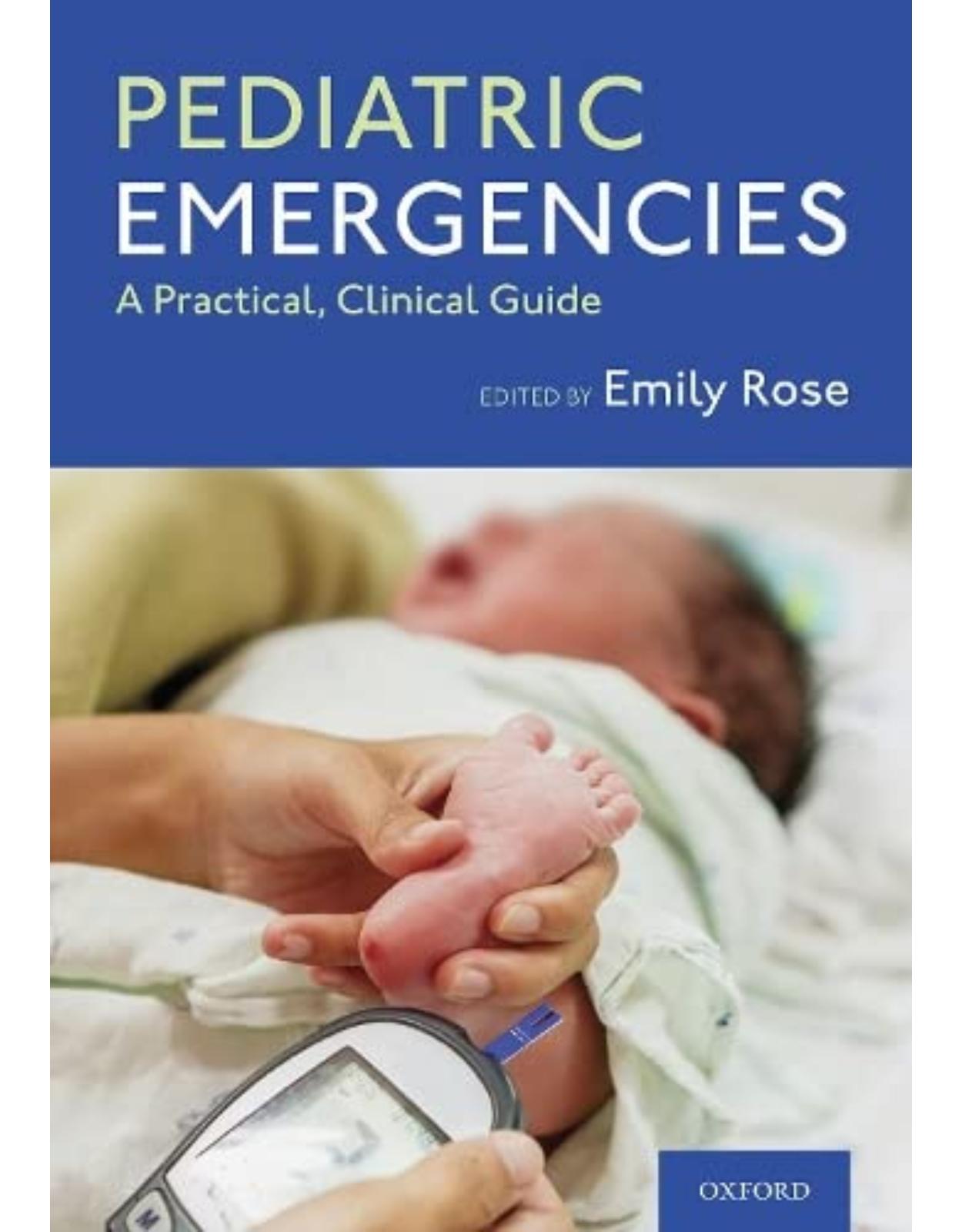
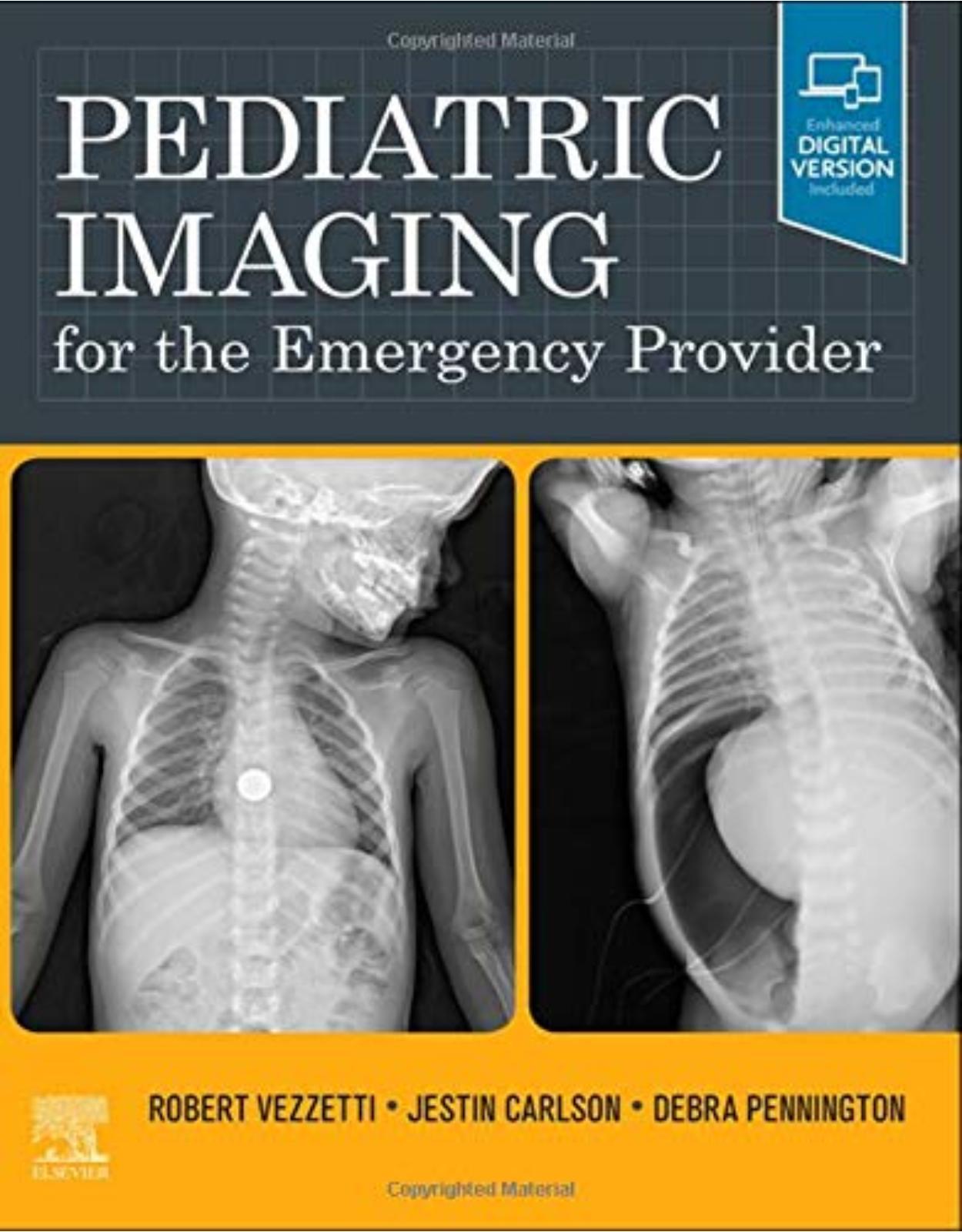
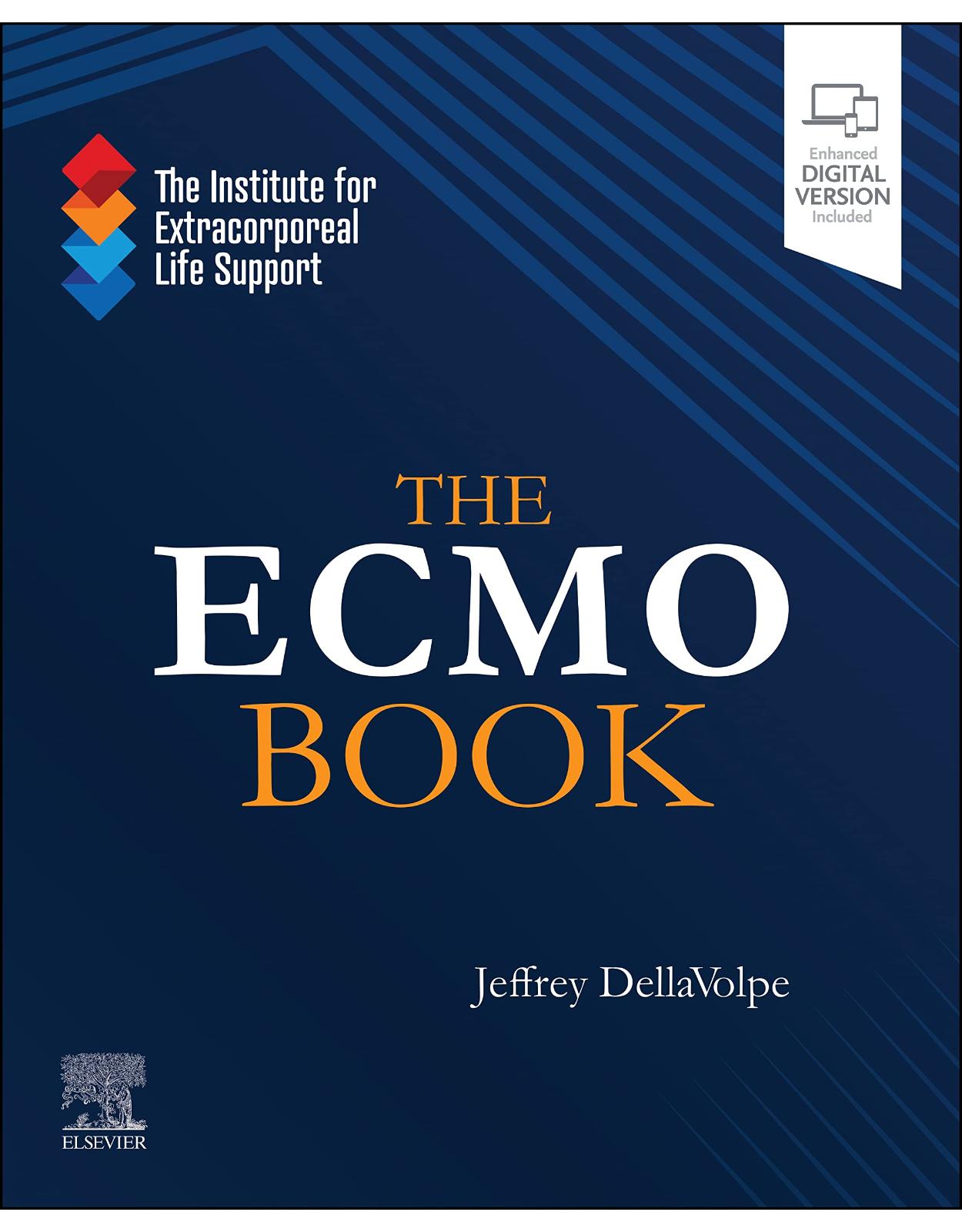
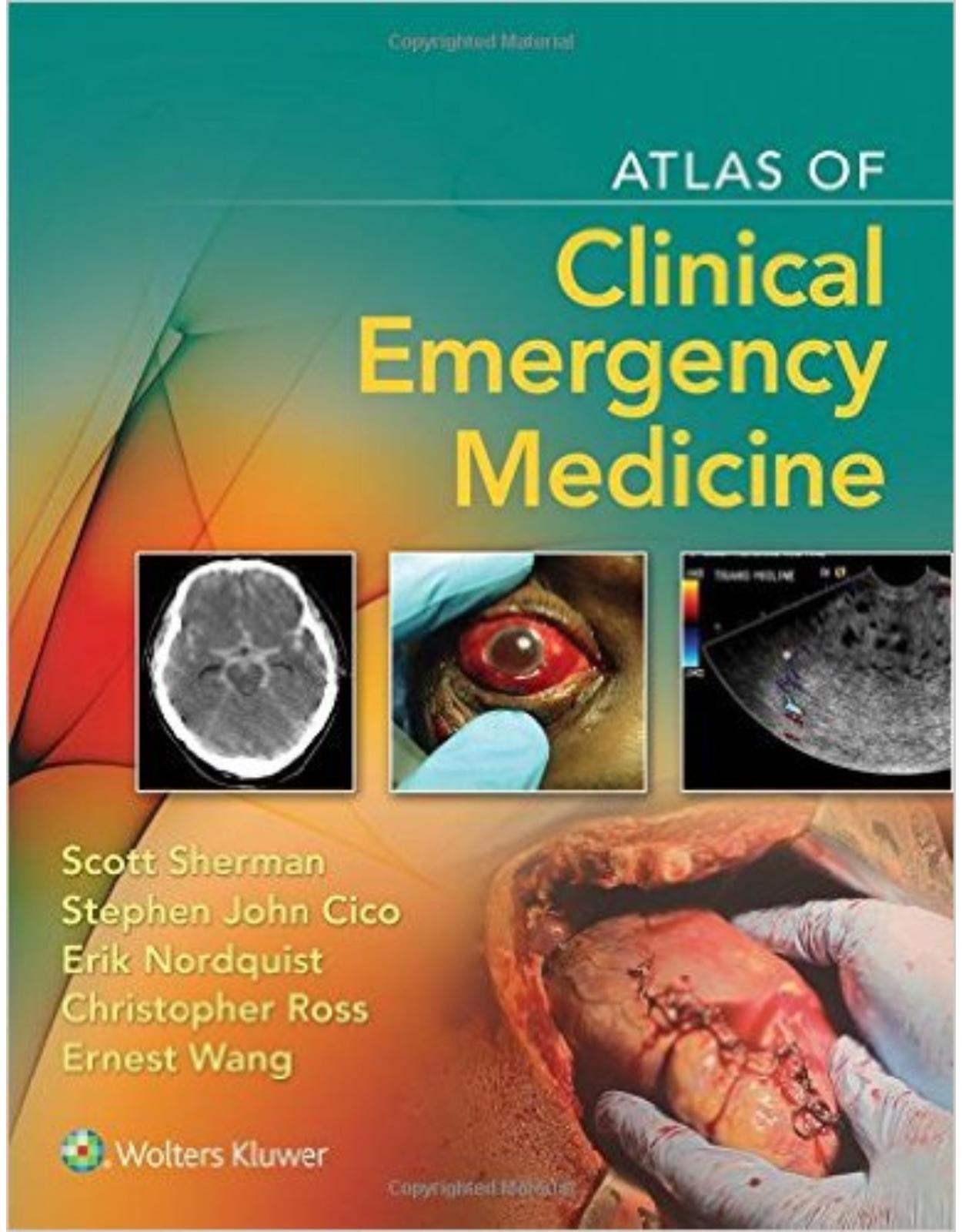

Clientii ebookshop.ro nu au adaugat inca opinii pentru acest produs. Fii primul care adauga o parere, folosind formularul de mai jos.